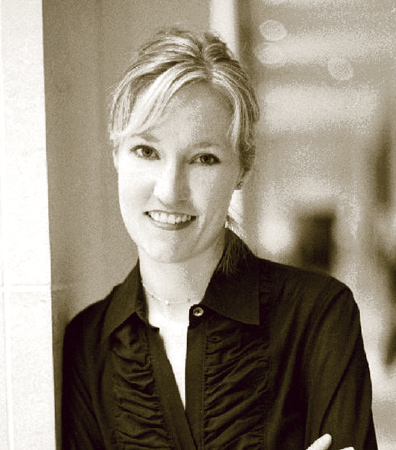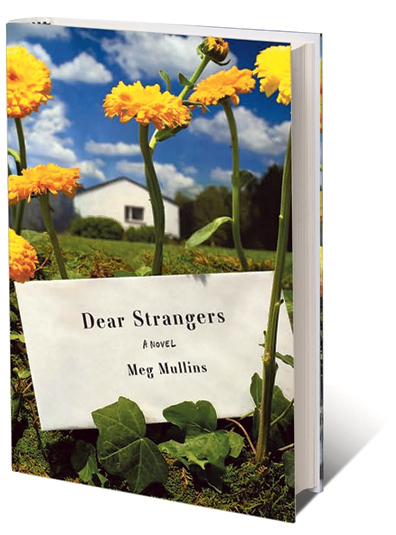Meg Mullins never thought she’d make her living as a novelist. For one thing, the native Albuquerquean wrote short stories, not books, and she never expected to make a living off those, either. But after leaving the state to go to college at Barnard and get her MFA at Columbia University—and after a large pile of rejection letters—Mullins got a break. One of her stories was printed in The Iowa Review and then picked up by The Best American Short Stories series in 2002. It was then that people began asking her if she was working on a novel. So she decided she’d better get started on one.Mullins eventually got an agent and a book deal, and then another book deal. Her second and most recent work is Dear Strangers, novel about a family that loses its father in the middle of trying to adopt a third child. Mullins spent some time with the Alibi over the phone last week from her home office in Albuquerque. You say you’re a big believer in chance. How does the theme of chance echo throughout your books? It’s really quite pervasive, now that I think about it. … I started writing this book about this family who would lose their father, and I was not more than, I don’t know, three months into it, and my own father was diagnosed with terminal cancer. … So I’m going through that, and he died really quickly. And then the book progressed, and this character of Jared was in the book, who’s … the might-be, possible brother, and then the next summer, I’m still in the middle of working on this book, and my brother passed away really suddenly. And so it’s just like all of these chance things that were not only happening in the book but happening in my life. But in particular, this book has a lot to do with the possibilities of people around us. And the title, Dear Strangers , obviously is meant to reflect that the people we think of as strangers in another day or month could be people that we’re relying upon for caring for a loved one or being our loved one. And this book in particular is about that phenomenon of people thinking they know what’s happening and then being surprised by the people around them and realizing that people are not who they seem to be. Since you were in the middle of writing this book when both of those events transpired, how did that affect your writing? It’s like being in therapy. Oliver, the main character in the book who loses his dad, it was sort of like having a conversation with him about what that feels like and how losing a parent is so monumental—even when you’re supposed to be a grownup and you’re supposed to be on your way to having your own life. So I was really grateful that I had something to work on. You began as a short story writer. Now that you’ve transferred into long-form writing, how is your process different? Honestly, I think it’s about time. I mean, my first novel took just over two years to write, the second novel just over three years. You have to think about, Can I really sit with this idea for three years? And I think with short fiction, there’s a quicker gratification of story. I think about six months into a novel, if you’re not still really excited to struggle with it, that’s probably a bad sign. But there are short stories that I work on and then I put away and then I come back to and I put away. With a novel, I really feel like I have to tend to it every day or I’m gonna lose the thread of it. Do you love one more than another, now that you’ve done both? That’s a good question. I think, maybe just because our culture is becoming more and more ADD, there’s nothing like a kick-ass short story. It’s just, to sit down and have an experience in a half-hour that’s complete for you, that’s begun and ended and taken you somewhere, I think that’s pretty amazing. But, on the other hand, when you’re in the middle of a great book and you have the opposite experience of almost not wanting to read because you don’t want it to be over … I think that that’s really magical, too.
Meg Mullins reading and signing Thursday, Feb. 11, 7 p.m.Bookworks4022 Rio Grande NW344-8139, bkwrks.com






